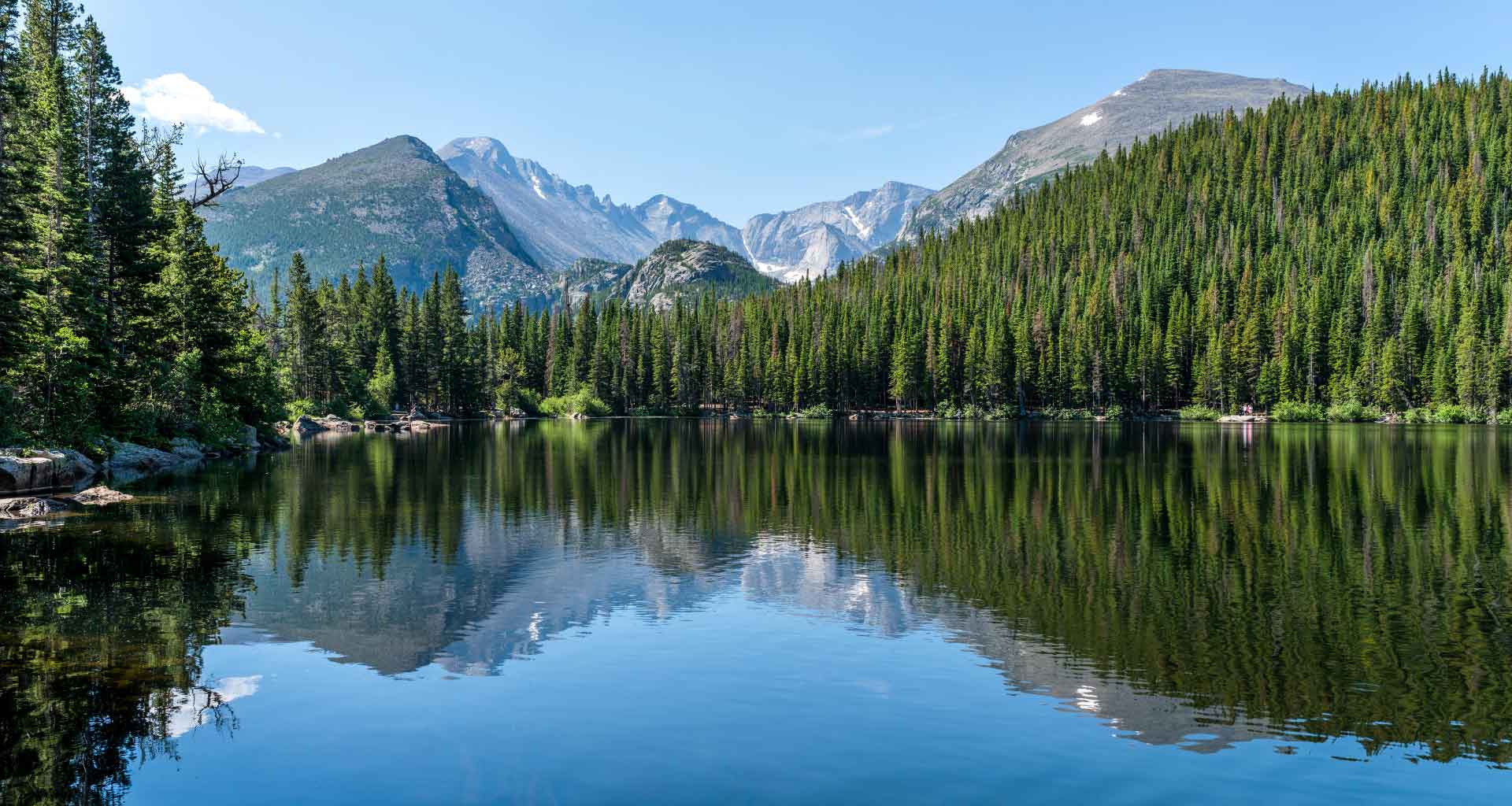By: Willie Recht
Chief Development Officer
“G-d, your Lord is bringing you into a good land, a land with streams and pools of water, with springs flowing in the valleys and hills” (Deuteronomy 8:7-9). It’s hard to imagine such a land right now. Not just for the Jewish people, but for our world. Yet, that is exactly what Moses describes to the Jewish people in this week’s parsha of Eikev.
In the parsha, Moses continues his closing address to the children of Israel, promising them that if they fulfill the commandments of the Torah, they will prosper in the land they are about to conquer and settle in keeping with G-d’s promise to their forefathers. Moses also rebukes them for their failings in their first generation as a people. I can’t help but think, “Are we being rebuked now?” While we have not been wandering in a desert, surely, we must have lost our way. Or perhaps what the Jewish people have experienced in the past seventy years was just a mirage and we are not “there” yet. What else can describe the historic levels of antisemitism, the worst massacre of the Jewish people in one day since the Shoah, and – perhaps most upsetting right now – the utter divisiveness that has split our people?
Whether we have arrived and found ourselves lost or we are still lost and un-arrived, how will we – the collective Jewish people – find our way when we cannot even walk together?
I tend to believe we have not “arrived” and what the Jewish people have experienced in the past seventy years was more of a mirage on the way to “there”. But even if that optimistic view is the case, how can we find this land of milk and honey when our Jewish American students are not safe on college campuses, metal detectors are required at High Holiday services and emboldened groups march in public chanting antisemitic slurs and threats? And, what if the “land” is not this land, but a land thousands of miles away? What then? How we can truly enjoy such bountiful blessings when the world has turned its back on us and the land faces the greatest existential threat in over 50 years? And how can/could we enjoy the valleys, pools and streams described by Moses when our neighbors – corrupted and abandoned by their own leadership – face mass starvation, rampant disease and destruction? This is not, and cannot be, such paradise.
I don’t have an answer for this and struggled even to articulate my thoughts on this week’s parsha. But as we approach the High Holidays, I think it provides us, as individuals and a people, time and opportunity to reflect on where we are, where we are headed, and how and what we will do to get there.
Shabbat Shalom.
Please email Willie Recht at wrecht@jewishcolorado.org with questions or comments.






